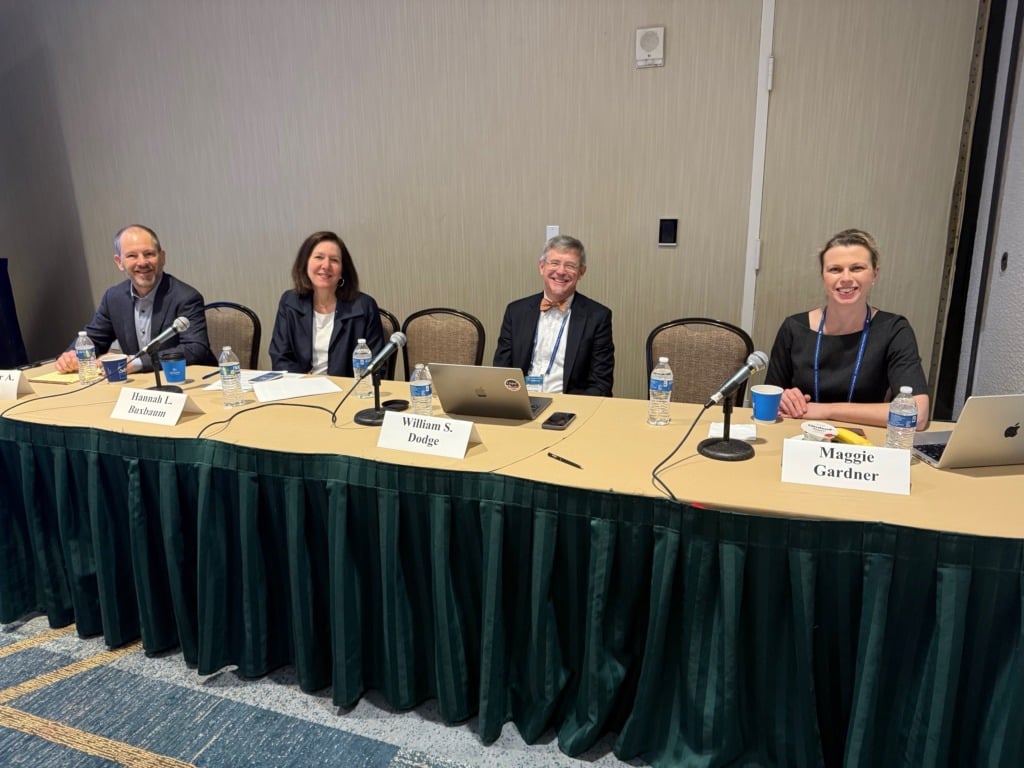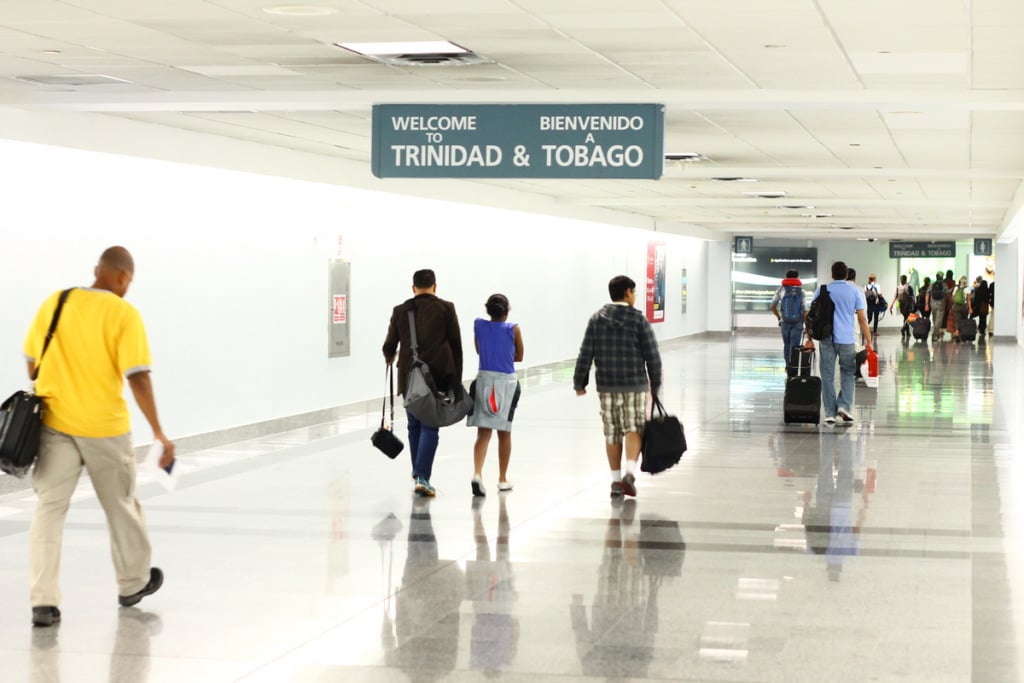Cert Grant in Climate Case
The Supreme Court has added a climate case to its docket. In Suncor Energy Inc. v. County Commissioners of Boulder County, local governments sued fossil fuel companies in Colorado state court to recover for damages they sustained as a result of climate change. The complaint includes claims for public and private nuisance, civil conspiracy, unjust…
Continue ReadingEnforcing U.S. Judgments Against “Foreign” Assets of Foreign Sovereigns: a Rejoinder
On June 30, 2025, in Petersen Energia Inversora, S.A.U. v. Argentine Republic, a federal district court in New York ordered the Republic of Argentina to “(i) transfer its Class D shares of YPF to a global custody account at BNYM in New York within 14 days from the date of this order; and (ii) instruct…
Continue ReadingNinth Circuit Validates a Theory of Extraterritorial Antitrust Regulation in Global Price-Fixing Case
It is not easy for the foreign victims of global price-fixing schemes to assert viable claims under U.S. antitrust law, even when the conspiracy in question also affects U.S. markets. In a recent case, though, the Ninth Circuit vacated an order of summary judgment against the foreign purchasers of price-fixed goods, concluding that they had…
Continue ReadingExtraterritoriality in Flux
Earlier this month, at the annual meeting of the Association of American Law Schools, TLB Editors Maggie Gardner, Bill Dodge, and Hannah Buxbaum participated in a panel organized by the Section on Conflicts of Law entitled “Extraterritoriality in Flux.” This post summarizes their remarks. Maggie Gardner: It’s Time to Look Beyond the Presumption Against Extraterritoriality…
Continue ReadingFifth Circuit Interprets Copyright Termination and Renewal Provisions to Apply Worldwide
In recent years, the U.S. Supreme Court has relied increasingly on the presumption against extraterritoriality to determine the geographic scope of federal statutes. This presumption seems particularly strong for intellectual property statutes. Most recently, the Court strictly applied the presumption against extraterritoriality to the Lanham Act (the federal trademark statute) in Abitron Austria GmbH v….
Continue ReadingMaduro’s Capture Was Not a Legal “Law Enforcement Operation”
The international legal implications regarding the U.S. capture of Venezuelan president Nicolás Maduro are profound. I want to clarify just one misconception that appears to be growing in importance. The Trump Administration has downplayed the military aspects of the operation by asserting that the U.S. military was simply aiding a law enforcement effort to serve…
Continue ReadingAALS Conflicts Section Panel: Extraterritoriality in Flux
Those readers attending the AALS Annual Meeting in New Orleans might be interested in attending the panel sponsored by the Conflicts Section on January 9 at 8:00-9:15. The topic is “Extraterritoriality in Flux” and here is the description: In determining the law applicable in a particular case, a critical step is often to determine the…
Continue ReadingToshiba ADR Investors in a Catch-22
A recurring challenge in defining the geographic scope of U.S. securities law is how to characterize non-exchange-based transactions in American Depositary Receipts (ADRs). Under the Supreme Court’s Morrison test, such transactions have to qualify as “domestic” to trigger the application of U.S. law. If they don’t, the assumption is that investors would have to litigate…
Continue ReadingExtraterritorial Application of State RICO Statutes
Over the past decade, the U.S. Supreme Court has twice addressed the extraterritorial application of the federal RICO statute. In RJR Nabisco, Inc. v. European Community (2016), the Court held that RICO’s criminal provisions apply extraterritorially to the same extent as the predicate acts on which RICO charges are based, whereas RICO’s civil cause of…
Continue ReadingNew Paper on Extraterritorial Application of the Wire Fraud Statute
I have written before about a circuit split over when the federal wire fraud statute applies extraterritorially. The lower federal courts disagree about how much use of U.S. wires is required to make an application of the statute “domestic.” The Second Circuit has held that use of U.S. wires must be a “core component” of…
Continue Reading







